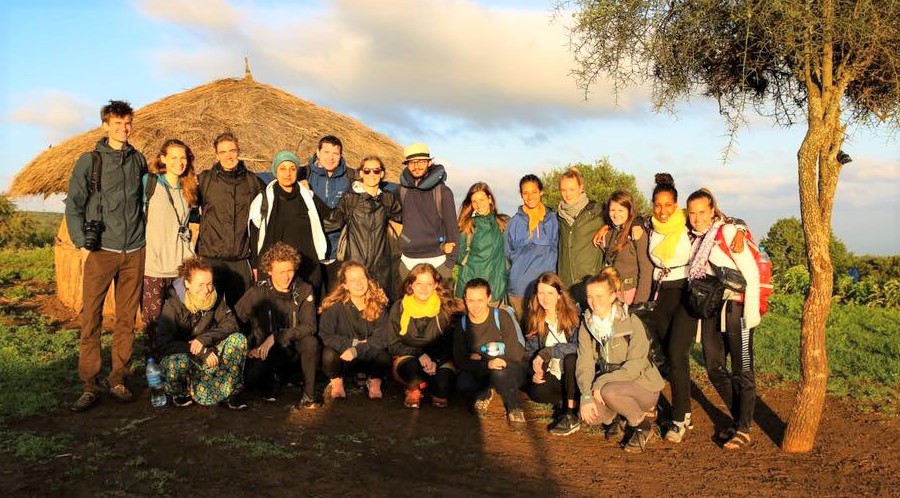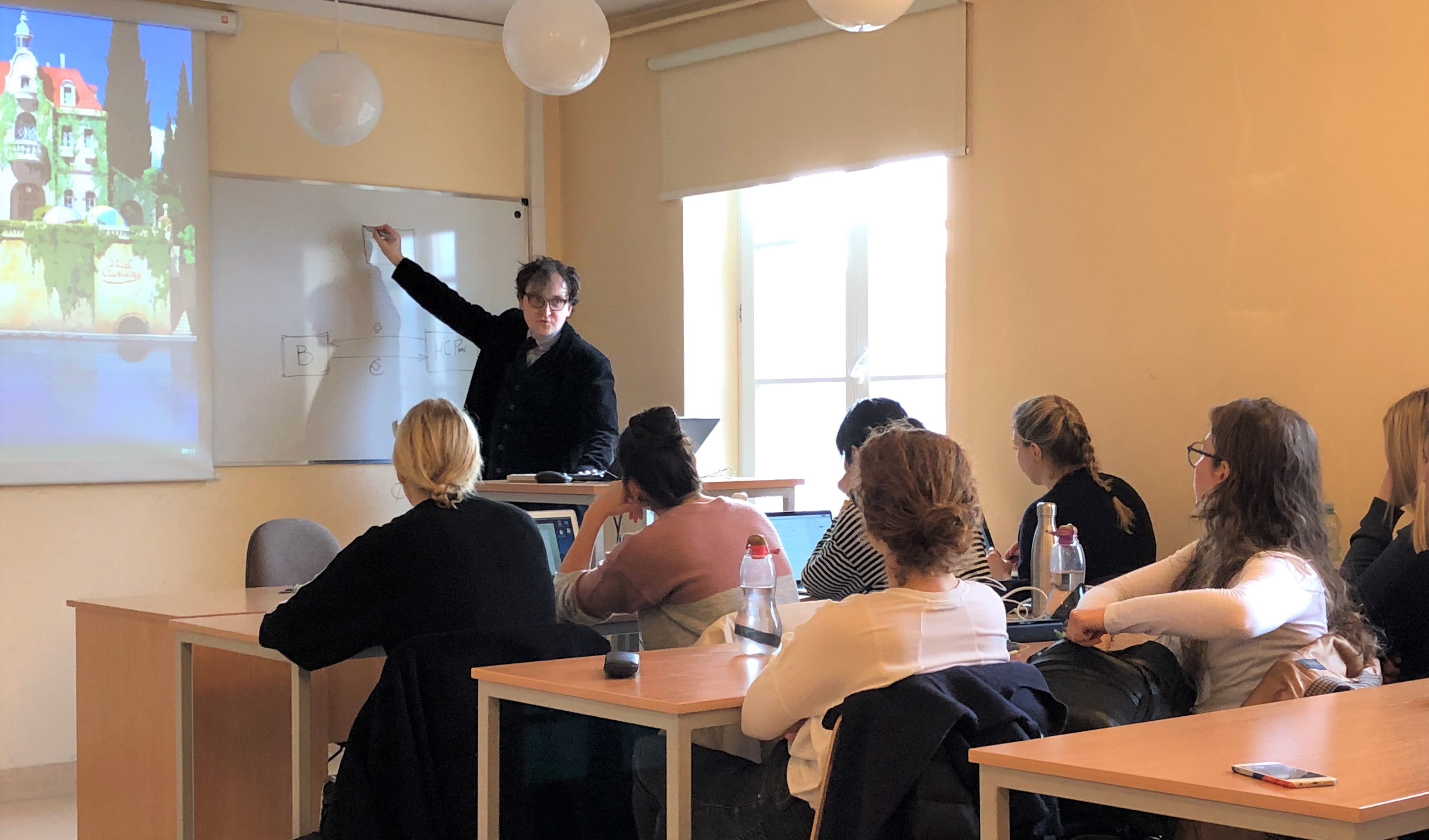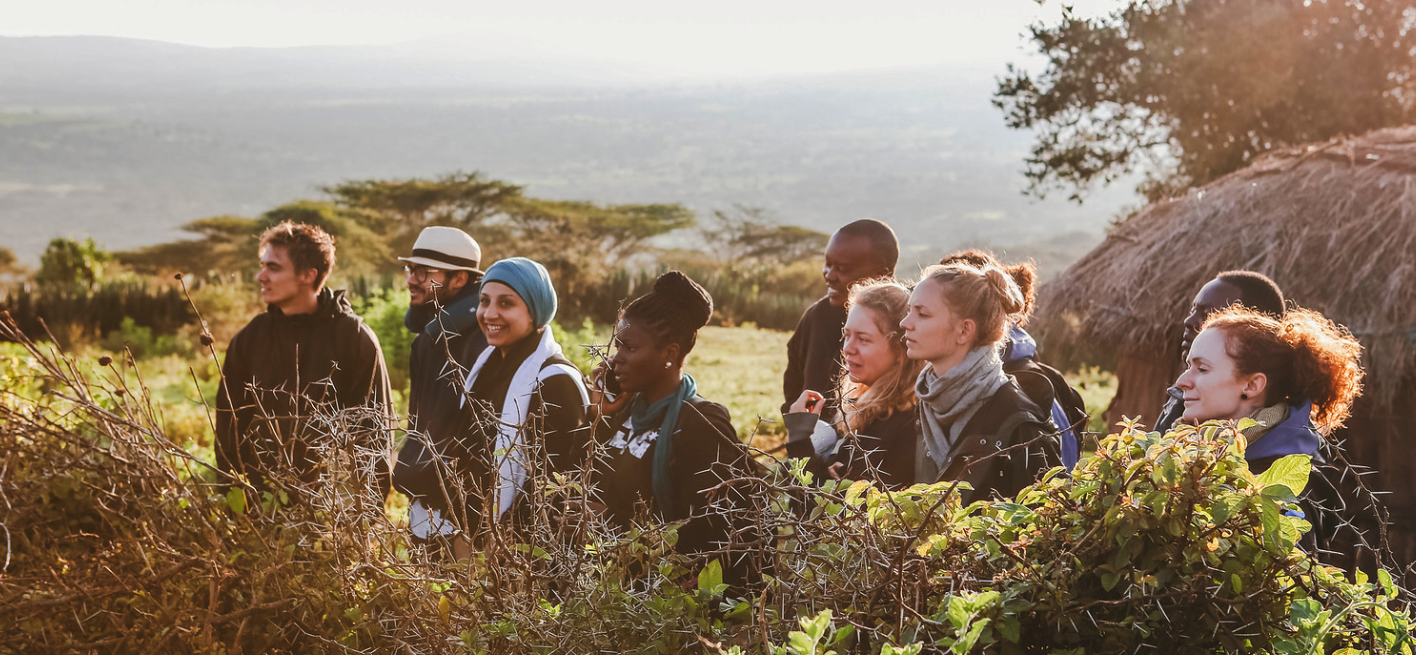Building an international health network through education
Each year, around forty global health students from the University of Copenhagen travel to Poland and Tanzania for five intensive weeks to get insight into the local health systems and institutions and to develop a country-specific research proposal. Both students, local partners and the University of Copenhagen gain from this collaboration.
Considering the students’ future employability and rethinking how a programme can be truly international in its core design were key concerns six years ago when faculty staff at the UCPH Global Health programme decided to make it mandatory for students to go to either Poland or Tanzania in their second semester.
It has turned out to be a win-win-win story: students are prepared to work internationally and to understand global-local contexts, the local partner institutions expand their international educational network and UCPH is able to offer a unique international master’s degree programme.
A reason for choosing the University of Copenhagen
For Ruth Gottlieb and Sabine Margarete Damerow, two recent graduates, the Country Exposure course was one of the reasons to choose the MSc Global Health programme at UCPH:
“When I was looking for master programmes, I didn’t come across any other programme that provides such a unique opportunity,” says Sabine, who is from Germany and did a bachelor in business administration and another one in health sciences.

Also for Ruth, who actually spent part of her childhood in Tanzania, the Country Exposure course was too good of an opportunity to miss.
“It was definitely a deciding factor for me when choosing my master’s. This programme is very diverse in the sense that you mix the very theoretical and academic parts with something very practical. You get to go out and apply something you have learnt in class”.
Mutual learning experiences for local supervisors and students
In each country, local supervisors help the students with their research proposals. At the Institute of Public Health at Jagiellonian University Medical College in Kraków, supervisor Michał Zabdyr-Jamróz takes great pleasure in working with the students from the University of Copenhagen as it is a mutual learning experience for both the students and himself:
”It’s a great personal experience simply because of how interested, engaging and thoughtful the students are. Many of them provide great feedback to my own research presented during classes. They are well versed in the subjects they study – in literature and methodology – so working with them is a pleasure.”

Teaching students from a variety of nations, cultures and backgrounds also brings new ways of teaching to the Polish context. Michał welcomes more student interaction, which is not so common in the Polish teaching environment:
”Above all, this collaboration provides new perspectives on analysing the Polish context. This is invaluable in improving my teaching skills and widening my outlook and sensitivities.”
Creating better and humbler global health professionals
The Country Exposure course is all about opening the students’ eyes. Putting them in a different international setting and making them see, feel and experience how systems, institutions and educations are different. It improves the students’ ability to deal with complex health issues in a given local context.
To Britt Pinkowski Tersbøl, Associate Professor and Head of Studies of the MSc in Global Health, the course is an important way of developing competent global health professionals and to prepare them for similar work situations after their studies.
“Working as a global health professional or consultant you might be sent to other countries on a short notice. In a very short time, you need to understand the country you are travelling to, the disease burden, the governmental structure, how the local health ministry and the health care system in general work.”

From the student’s perspective, one of their most valuable experiences from the Country Exposure course was learning from their own self-reflection about the topic and the context they found themselves in, as Ruth adds to her reflection of the course:
“Our initial design for a research proposal might be based on assumptions and what is considered a pressing health issue, but arriving in Tanzania you might find that this topic isn’t so relevant anymore. And in global health, you always have to be critical and aware of your own position when doing research in another context that is very different from where you come from. Being humble and grateful towards your hosts is a great part of doing this kind of research.”
Two countries, two very different health systems
In Poland, students start their stay in Warsaw learning about sexual and reproductive health and rights, drug abuse, mobile health clinics and women’s rights. The remaining four weeks, the students go to Kraków where they are the guests of the Institute of Public Health at Jagiellonian University Medical College.
In Tanzania, students are the guests of Kilimanjaro Christian Medical Centre where they learn about the entire health system in Tanzania – from traditional healers among Maasai people to high standard hospitals.
